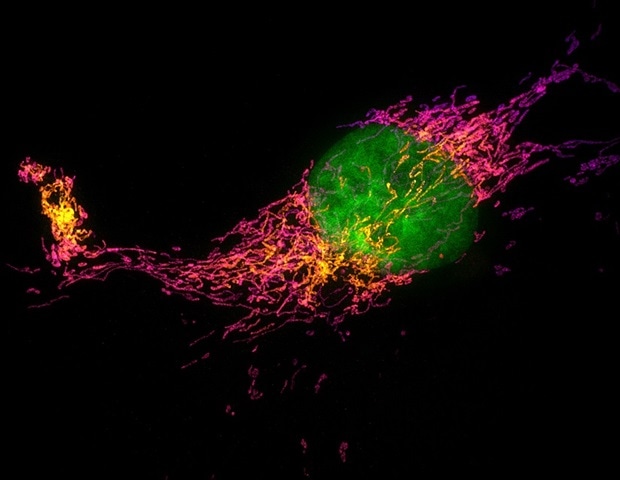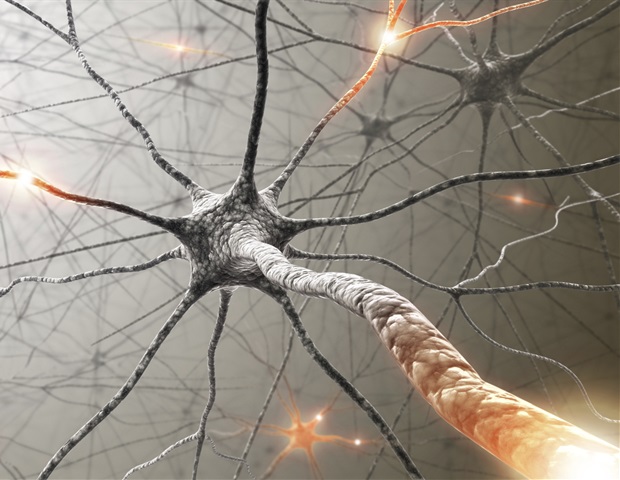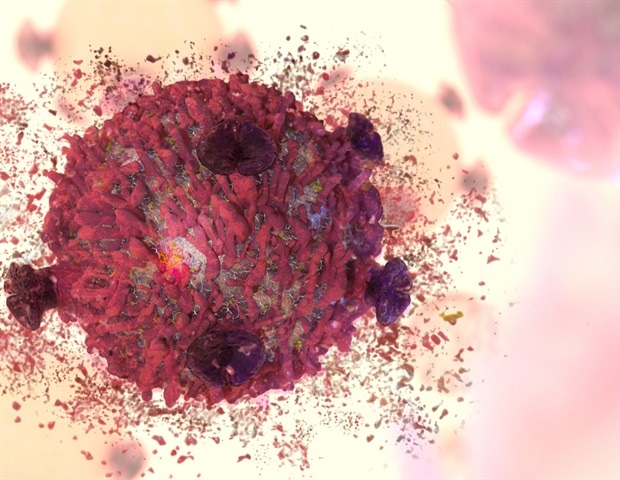A genetic predisposition to having lower insulin production and less healthy fat distribution are major causes of early-onset type 2 diabetes in British Asian people. According to new research from Queen Mary University of London, these genetic factors also lead to quicker development of health complications, earlier need for insulin treatment, and a weaker response to some medications.
The findings, published today in Nature Medicine, reinforce the need to understand how genetic variation across different population groups can influence the onset of diseases, treatment responses, and disease progression.
Queen Mary researchers used data from the Genes & Health cohort, a community-based study of more than 60,000 British-Bangladeshi and British-Pakistani volunteers who have generously provided their DNA for genetic research. The researchers securely linked genetic information to NHS health records in 9,771 Genes & Health volunteers with a type 2 diabetes diagnosis and 34,073 diabetes-free controls to understand why South Asians develop type 2 diabetes at a younger age and often with normal body mass index, compared to white Europeans.
In contrast to previous studies which included very few people of South Asian heritage, this research used partitioned polygenic scores (pPS) to reveal the underlying genetic signatures causing type 2 diabetes specifically in people with South Asian ancestry.
Key discoveries from the study include:
-
Genetic signatures in south Asians: The younger age of onset in South Asians is strongly linked to genetic signatures that lead to both lower insulin production and unfavourable patterns of body fat distribution and obesity. The most significant genetic signature influencing whether a South Asian person develops type 2 diabetes, and at a young age, is a reduced ability of pancreatic beta cells to produce insulin. This genetic signature also increases the risk of gestational diabetes and the progression of gestational diabetes to type 2 diabetes after pregnancy.
-
Treatment responses: The genetic signatures identified in the study provide vital clues about how different people may respond to type 2 diabetes treatments. For example, individuals with high genetic risk for low insulin production were less likely to respond to common medications such as sodium-glucose co-transporter 2 inhibitors and were more likely to require insulin therapy.
-
High genetic-risk group identified: The study identified a subset of people with extreme genetic signatures for both low insulin production and unfavourable fat distribution. These individuals were found to develop type 2 diabetes an average of 8 years earlier and at lower body mass index. Over time, these individuals were more likely to need insulin treatment and were at higher risk for diabetes complications such as eye and kidney disease.
Sarah Finer, Clinical Professor in Diabetes Honorary Consultant in Diabetes at Queen Mary University of London, said: "Thanks to the participation of so many British Bangladeshi and British Pakistani volunteers in Genes & Health, we have found important clues as to why type 2 diabetes may develop in young, slim individuals. This work also tells us how important it is to move away from a "one-size-fits-all" approach to managing type 2 diabetes, and we hope that this will allow us to find ways to offer more precise treatments that treat the condition more effectively and reduces the development of diabetes complications."
We don't yet know whether genetic tools will be needed to deliver precision diabetes medicine in south Asian populations, or whether we can better and more widely use existing laboratory tests such as C-peptide which can be measured in a simple blood test. Genes & Health will contribute to future efforts to ensure that precision medicine approaches are developed and bring real benefits to south Asian communities living with, and at risk of, type 2 diabetes."
Dr. Moneeza K. Siddiqui, Lecturer in Genetic Epidemiology, Queen Mary University of London
People with South Asian heritage are underrepresented in genetic studies. Queen Mary's Genes & Health is a community-based cohort of more than 60,000 British-Bangladeshi and British-Pakistani volunteers who have provided their genetic information and linkage to NHS health data for research. The study has so far led to major discoveries that improve the health outcomes of British South Asians.
This research was supported by Barts Charity and Wellcome.
Source:
Journal reference:
Hodgson, S., et al. (2024). Genetic basis of early onset and progression of type 2 diabetes in South Asians. Nature Medicine. doi.org/10.1038/s41591-024-03317-8.

 20 hours ago
1
20 hours ago
1

_1b78fec41a5143afb6e7b9ad317023d2-620x480.jpg)













.png)

.png)
.png)
.png)













 English (US) ·
English (US) ·  Hindi (IN) ·
Hindi (IN) ·